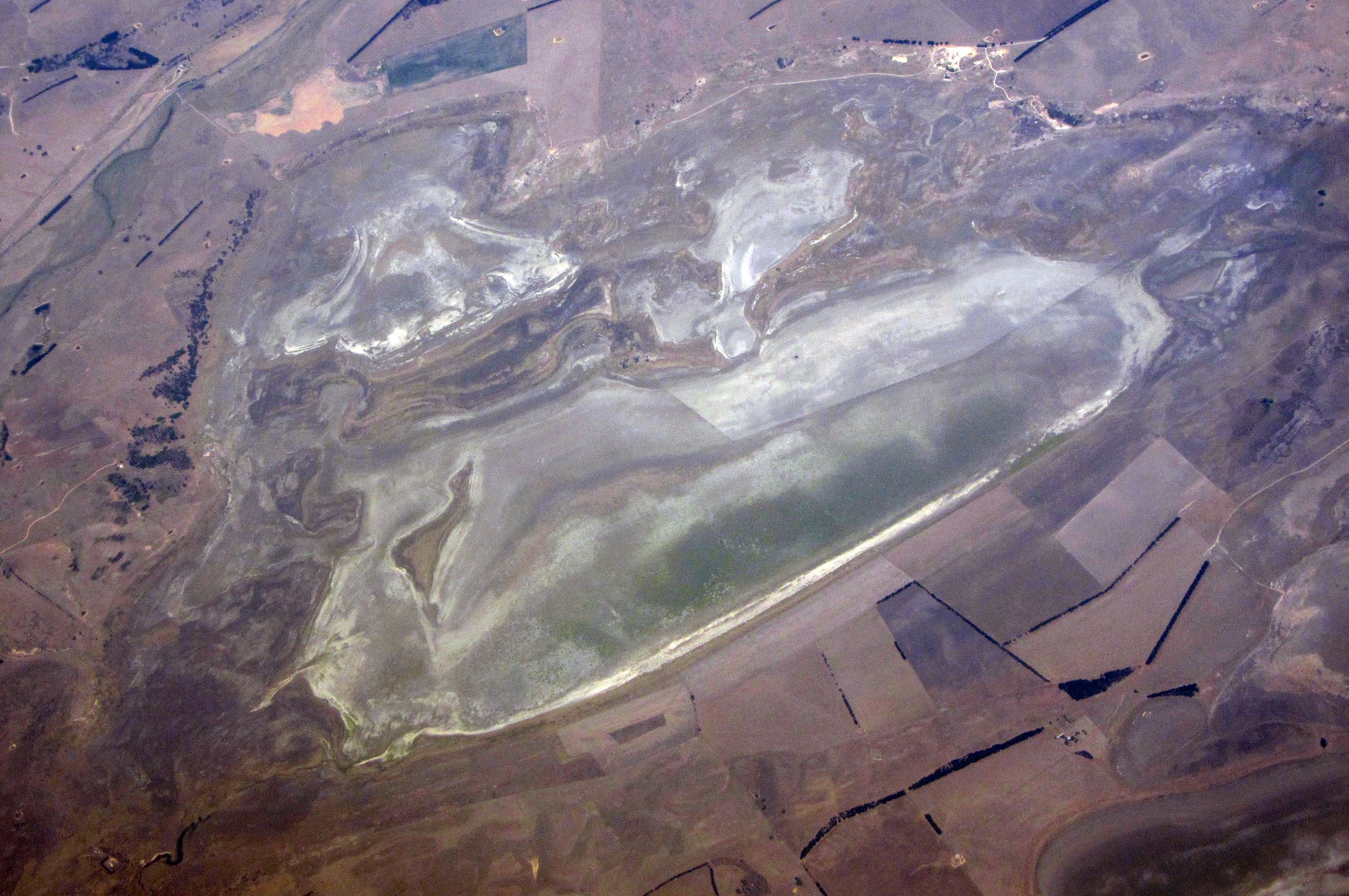Global warming is likely to disrupt a natural cycle of ice ages and contribute to delaying the onset of the next big freeze until about 100,000 years from now, scientists said on Wednesday.
In the past million years, the world has had about 10 ice ages before swinging back to warmer conditions like the present. In the last ice age that ended 12,000 years ago, ice sheets blanketed what is now Canada, Northern Europe and Siberia.
In a new explanation for the long-lasting plunges in global temperatures that cause ice ages, scientists pointed to a combination of long-term shifts in the Earth's orbit around the sun, together with levels of carbon dioxide in the atmosphere.


















With your current subscription plan you can comment on stories. However, before writing your first comment, please create a display name in the Profile section of your subscriber account page.